|
I binge-watched the documentary series in two evenings. It was a captivating journey into the lives of centenarians from around the world, and it left me inspired and filled with a profound appreciation for the joys of life. In "Live to 100: Secrets of the Blue Zones," I had the privilege of experiencing individuals who have not only crossed the remarkable milestone of 100 years but are also thriving in ways that defy conventional wisdom.
What struck me the most was that these centenarians were not confined to impersonal elderly care facilities but were surrounded by the warmth of their families and communities. In a world where we often find ourselves swept away by the currents of modernity, witnessing the unwavering devotion of these remarkable individuals to their friends and communities was nothing short of heartwarming. The documentary provided a unique window into the lives of these beautiful souls who have generously mastered the art of living and shared their wisdom. It was a journey that enriched and enlightened me, and I wholeheartedly urge you to experience it on Netflix. In this article, we'll delve into the profound lessons and insights from the Blue Zones, where centenarians thrive and defy the norms of ageing. These remarkable individuals have unlocked the secrets to longevity, and their wisdom can inspire us all to lead healthier, more fulfilling lives. Let's embark on this extraordinary journey together. Have you ever wondered what it takes to live a long and fulfilling life? The Netflix documentary "Live to 100: Secrets of the Blue Zones" by Dan Buettner explores this question by taking us on a global journey to regions where people consistently live past 100 years. These areas, known as Blue Zones, include Okinawa, Japan; Ikaria, Greece; Sardinia, Italy; Nicoya, Costa Rica; and Loma Linda, California.
0 Comments
Overall, "The Book of Five Rings" emphasizes the importance of flexibility, adaptability, and a clear, focused mind in combat and life. Furthermore, it stresses the importance of understanding and mastering martial arts principles and applying them to all areas of life. Musashi's ideas are based on his experience and observation rather than on traditional teachings or theoretical concepts and emphasize the importance of constantly striving to improve one's skills and understanding.
Video to this Post!
Chapter 1: Introduction In the introduction, Musashi explains his warrior background and reasons for writing the book. He emphasizes that his ideas are based on his experience and observation rather than traditional teachings or theoretical concepts. Musashi also stresses the importance of constantly striving to improve one's skills and understanding rather than becoming complacent or overconfident. Chapter 2: The Ground Book The Ground Book emphasizes the importance of understanding the terrain and adapting one's tactics to the environment. Musashi emphasizes that different terrains require different strategies and that a skilled warrior must be able to adapt to any situation. He also stresses the importance of using the terrain to one's advantage rather than fighting against it. Chapter 3: The Water Book The Water Book uses water as a metaphor to focus on the principles of fluidity and adaptability in combat. Musashi emphasizes the importance of adapting to changing circumstances and using one's opponent's movements and energy to one's advantage. He also stresses the importance of remaining calm and fluid in the face of an opponent's attacks rather than becoming rigid or predictable. Chapter 4: The Fire Book The Fire Book discusses the importance of timing and taking the initiative in battle, using fire as a metaphor. Musashi emphasizes anticipating one's opponent's movements and taking action at the right moment. He also stresses the importance of being fully committed and unafraid of death in combat. Chapter 5: The Wind Book The Wind Book uses wind as a metaphor to explain the concept of "emptiness" and the importance of remaining calm and clear-minded in combat. Musashi emphasizes the importance of not becoming attached to one's ego or emotions but remaining clear and focused in the face of an opponent's attacks. He also stresses the importance of understanding the patterns and rhythms of combat and using this knowledge to gain an advantage. Chapter 6: The Book of the Void The Book of the Void discusses the ultimate goal of martial arts, which is to achieve a state of perfect harmony with the universe. Musashi emphasizes the importance of letting go of one's ego and desires and becoming one with the universe's flow. He also stresses the importance of constantly striving to improve one's skills and understanding rather than becoming complacent or overconfident. 
There are many essential quotes and ideas to take away from "The Book of Five Rings" by Miyamoto Musashi. Here are a few key ones:
"Perceive that which cannot be seen with the eye." This quote from the Ground Book emphasizes the importance of understanding and adapting to the environment, even if one cannot see every detail. "When your spirit is not in the least clouded, when the clouds of bewilderment clear away, there is the true void." This quote from the Book of the Void emphasizes the importance of a clear, focused mind in martial arts and life. "To win any battle, you must fight as if you are already dead." This quote from the Ground Book emphasizes the importance of being fully committed and unafraid of death in combat. "If you know the way broadly, you will see it in everything." This quote from the Water Book emphasizes the importance of understanding martial arts principles and applying them to all areas of life. "The important thing in strategy is to suppress the enemy's useful actions but allow his useless actions." This quote from the Fire Book emphasizes the importance of timing and taking the initiative in combat.
Overall, "The Book of Five Rings" teaches the importance of flexibility, adaptability, and a clear, focused mind in combat and life. It emphasizes the importance of understanding and mastering martial arts principles and applying them to all areas of life.
Hope you enjoyed this summary. Much love
Mona Being happy is a choice.
You can decide how your day will go every minute of the day. You can choose to be sad and depressed, or you can choose to get up out of bed and say, "today is going to be a great day!" It's common to wake up in the morning feeling unmotivated, but that doesn't mean anything. Your life isn't as bad as you think; you're in a warm bed. So get up, grab that coffee (or tea) and start your day by making choices that will make you happy! It's important to remember that you can choose how you feel about anything at any time. So if you're feeling down, it's time to start making positive choices like "I'm going to be happy." Or even better, have something positive to say about someone else or compliment them. There are many ways to choose happiness every day. For example, you can choose not to let other people's actions affect your mood or behaviour. You can choose things that make you happy instead of just doing what others want. You can focus on the positive instead of the negative. And you can be grateful for what you have instead of dwelling on what you don't have. Getting angry and wasting energy doesn't do anything but make you unhappy. Anger is a negative emotion that doesn't solve anything and can lead to regret. Instead of getting angry, try to be patient with yourself and others. It's not about what happens in your life that makes you happy, but how you react to it. Baby steps are a great way to get started on the road to happiness. Keep learning how to be happier every day. You can do it! It Where do you start? One way to start becoming happier is to focus on the things you are grateful for. So every day, take a few minutes to think about the things that make you happy or bring you joy. This could be your family, friends, pets, hobbies, or anything else that brings you happiness. By focusing on the positive aspects of your life, you can shift your perspective and start seeing the good in your life. Another way to start becoming happier is to take care of yourself. This means ensuring you get enough sleep, eat well, exercise, and take time for yourself. When you are well-rested and nourished, you will have more energy and a better mood. Exercise, in particular, has been shown to positively affect mood and can help reduce stress and anxiety. Self-care melts into Self-Love. Finally, try to surround yourself with positive, supportive people. Spend time with friends and family who lift you up and make you happy. Avoid negative people or situations that bring you down. By focusing on the positive and surrounding yourself with supportive people, you can become happier. Mona M. Bee We all want to be happy. But what exactly is happiness? Is it something we can achieve with a simple prescription? Or is it something that involves a bit more work? The answer depends on who you ask. The term "happiness" has been used in different ways throughout history. For example, in the 1700s, "happiness" refers to things like wealth and power. However, more recently, psychologists have defined happiness as an emotional state characterized by positive emotions and feelings. Our brains are programmed to seek positive emotional experiences - we've evolved this way because these experiences are associated with survival. This explains why we feel good when we eat delicious foods or accomplish something challenging like climbing Mount Everest. But psychologists say that some things can make us less happy over time: for example, being in a bad relationship or working at a job we don't enjoy. Happiness is how you feel when you reflect on an experience or a moment in your life. It's an emotion that can't be explained by other emotions, like sadness or anger. We all strive for happiness in our lives, but how do we find it? What do we need to be happy or how can we experience happier states more often? First, think about what makes you happy. Is it spending time with friends and family? Is it taking care of yourself? Maybe it's having a certain amount of safety-net in your bank account or living in a certain place. Once you've figured out what makes you happy, start working toward making those things happen in your life. Happiness is a state of mind. It's not something we have to go out and find, but it's something that comes from within. You should avoid basing your personal happiness on another person like a spouse or partner. Happiness will never be something you buy, but it's definitely a state you can create within. Happiness is feeling good about yourself, your life, and the people around you. It's a moment of pure joy where everything seems perfect at that moment. It's knowing deep down inside that everything will eventually be okay no matter what happens in this world because you're going to survive it all and come out stronger than ever! Happiness is a feeling we all want to experience. We all strive for it, but it can be hard to define. For example, is there one thing that makes us happy or are there many things that make us happy? According to Harvard University, gratitude is strongly and consistently associated with greater happiness in positive psychology research. Gratitude helps people feel more positive emotions, relish good experiences, improve their health, deal with adversity, and build strong relationships. For those who don't know what gratitude is, the feeling of gratitude is a deep appreciation for all that we have in life. It's not just about counting your blessings but also meaningfully and sincerely appreciating them. For example, one person can be grateful for having a roof over their head, while another might be grateful they can eat three meals daily. Gratitude has been shown to benefit our physical health and mental well-being. Gratitude is a positive emotion we feel when focusing on the good things in our lives. It's not about focusing on what you don't have but appreciating what you do. Gratitude can be practised in many ways and every day, even if it only takes a few seconds to pause and reflect on all the great things in your life. When we practice gratitude, we live happier lives because we feel more satisfied with our current situation. How to practice Gratitude?The best way to practice gratitude is by keeping a gratitude journal. This can be done in several ways, like writing down your grateful thoughts on paper or typing them up and saving them as a text document. Having a gratitude journal allows you to reflect on what makes you happy - whether it be a memory from the past or something extraordinary happening right now! Here are some other ways that I've found helpful in maintaining my sense of gratitude:
I believe happiness is a feeling of contentment and fulfilment in life. It means you are satisfied with your life, and with yourself as a person. Happiness means enjoying the moment and finding joy in simple things like spending time with friends, going on a hike or getting lost in a good book. For me, I can experience bliss sitting with my knitting in front of the TV and enjoying my favorite movies. Happiness does not mean the same thing to everyone, though. It can be different for each person depending on their feelings towards life or their personal views on what happiness means to them. However, happiness is still the same when it comes down to the core meaning behind it all, which is feeling good about yourself no matter what happens externally. Please share, let me know what makes you happy and what happiness means to you. by Monika Baechler
|
AuthorMona is a versatile writer with experience in both fiction and non-fiction. She deeply loves the written word and is always seeking new and exciting ways to explore the human experience through her writing. Archives
January 2024
Categories
All
|

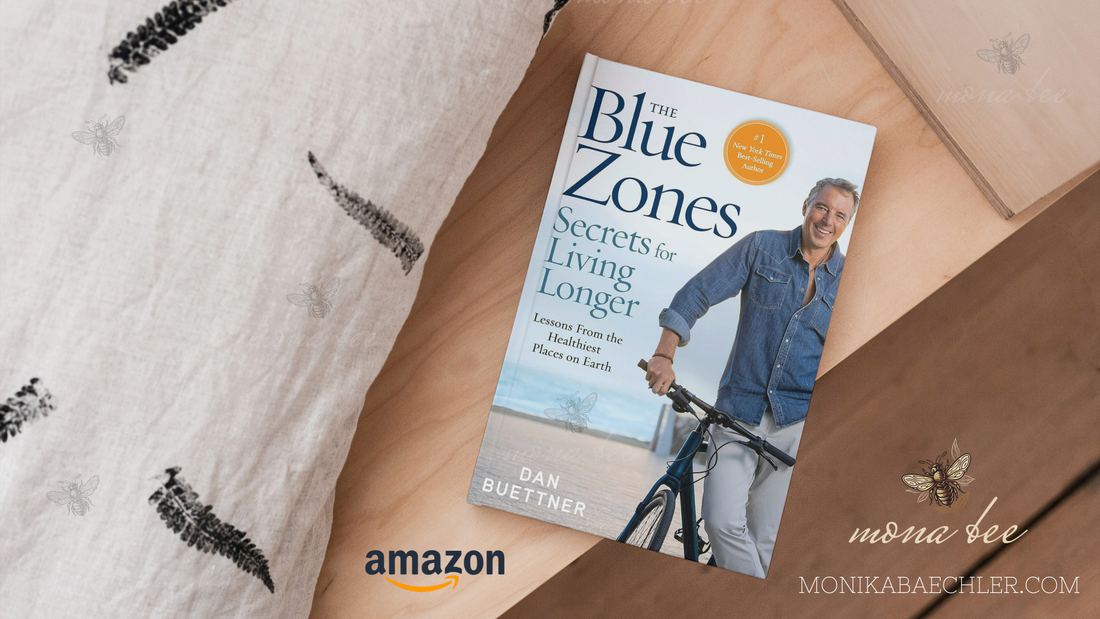
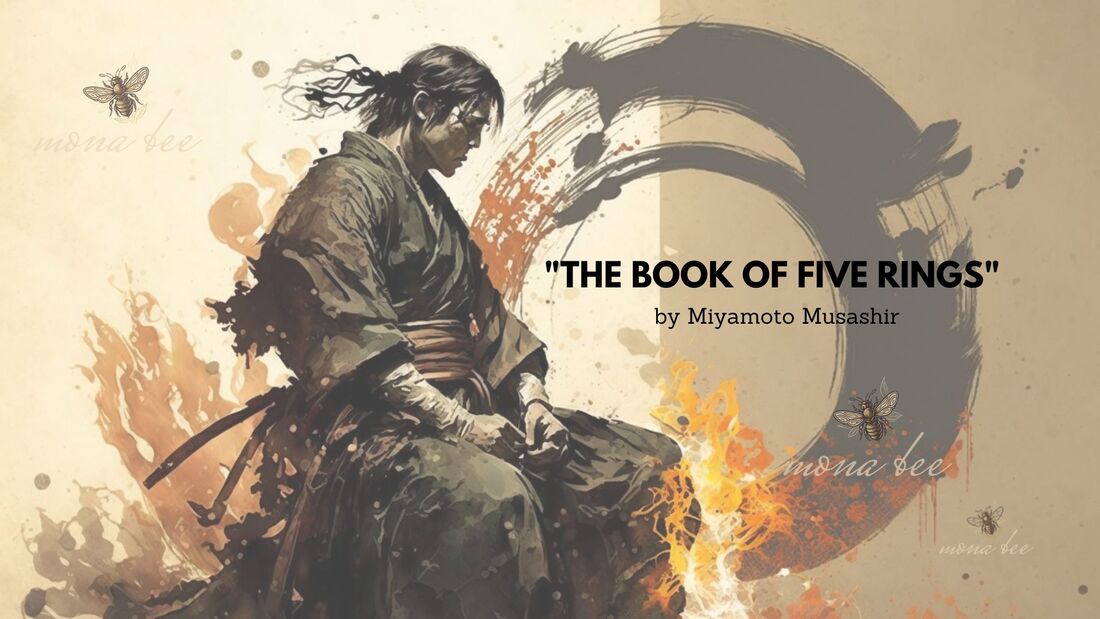
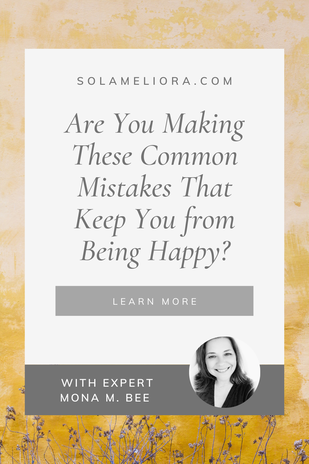
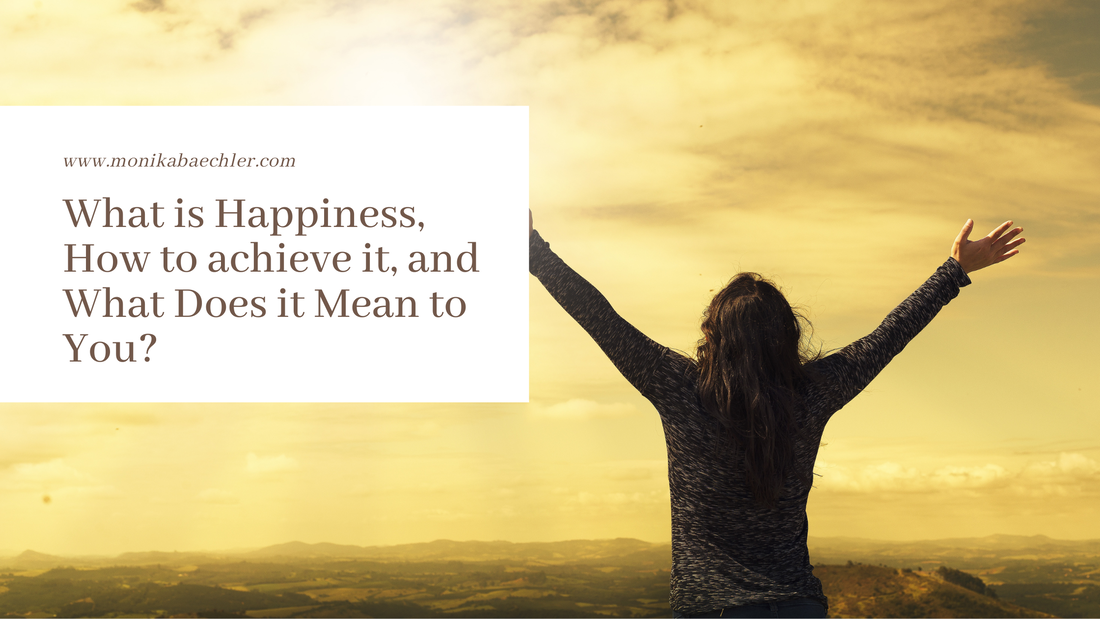
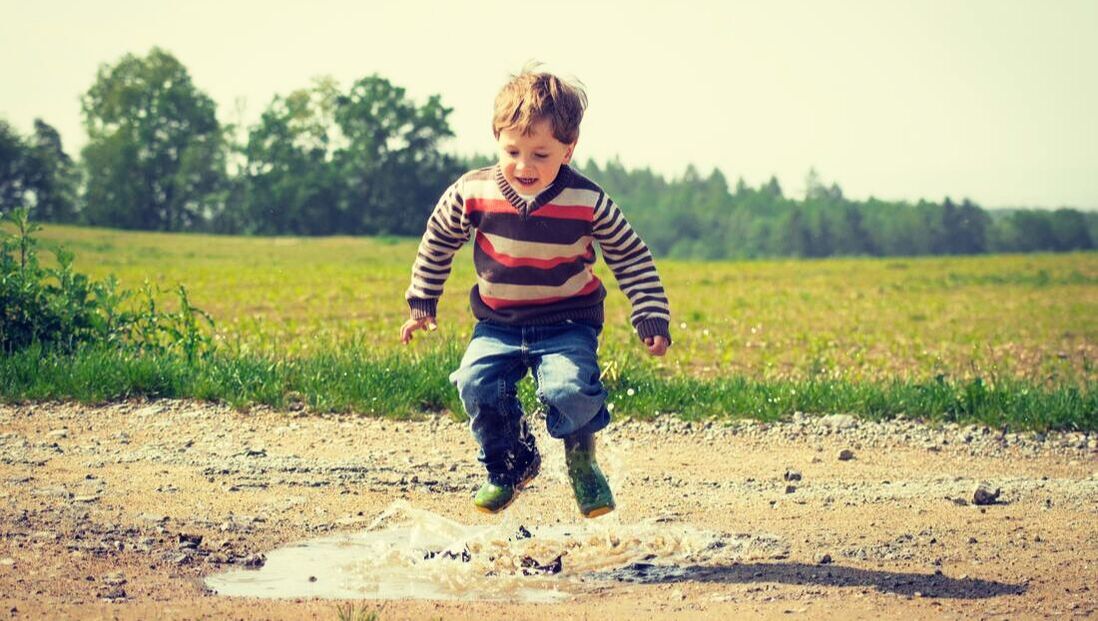

 RSS Feed
RSS Feed